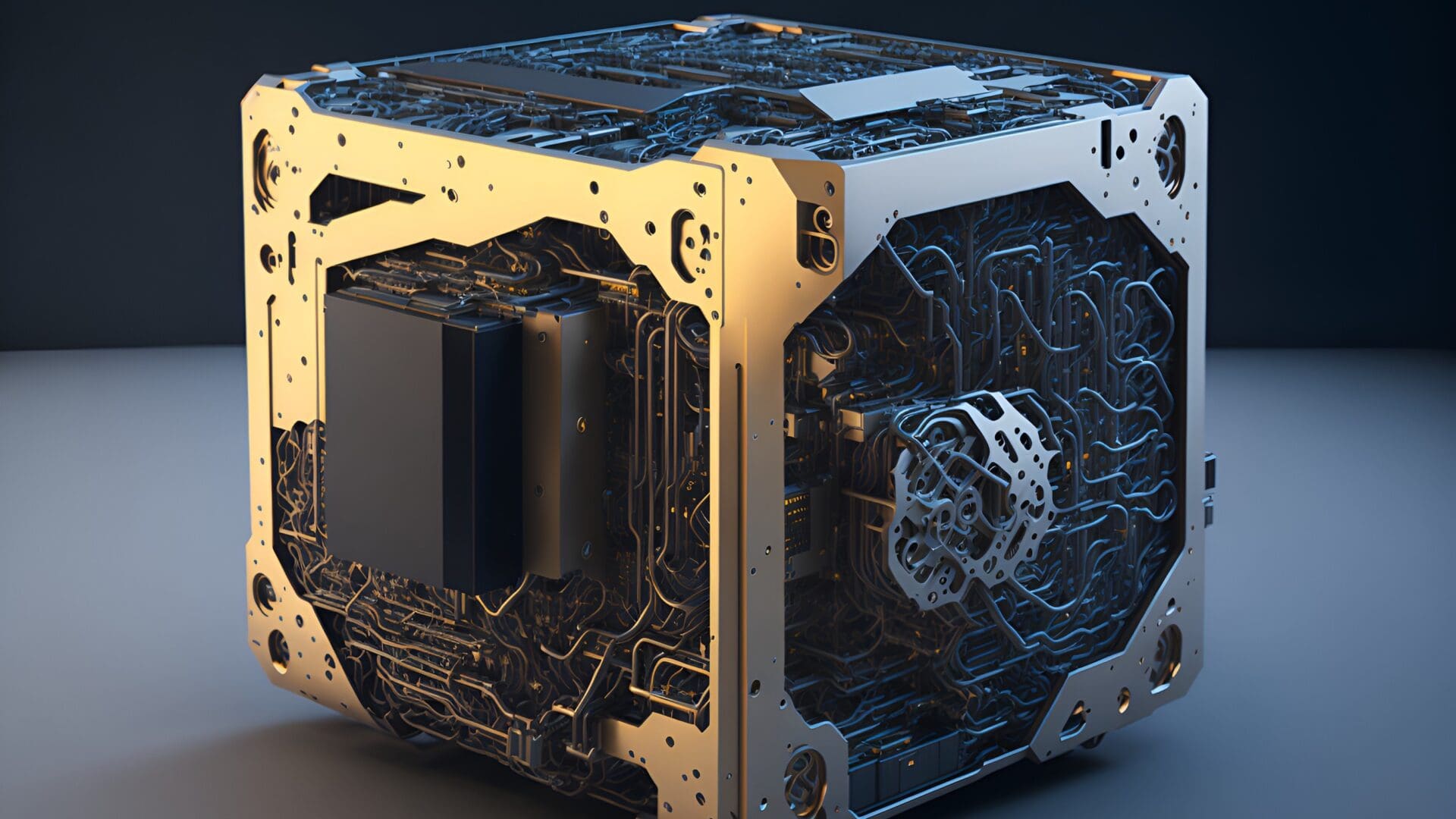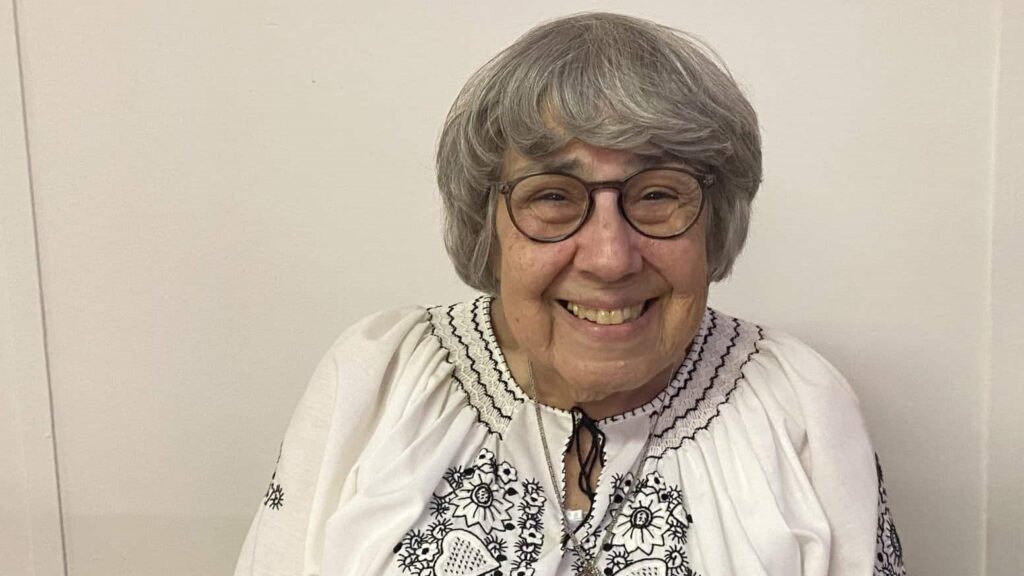The Wigner Research Centre for Physics has been awarded over 200 million forints in funding for four quantum information projects, one of which aims to create a small quantum processor that can operate under home conditions. In parallel, the projects will focus on advancing quantum-based computing and measurement techniques, testing an internationally developed quantum converter, and exploring the possibilities of hybrid usage of quantum and classical computers, the research centre announced on 10 July.
The MAESTRO Consortium
According to the statement, in addition to German, Dutch, French, and Belgian partners, Hungary, led by Ádám Gali from the Wigner Research Centre for Physics, is part of an international project that aims to create a small quantum processor that can operate at room temperature under normal office or home conditions. The success of the MAESTRO consortium is foreshadowed by the fact that the operation of such quantum hardware has already been described at a theoretical level, partly by the consortium members. Therefore, the current objective is to prepare for production. The results could open up new perspectives for quantum information science, which currently relies on expensive systems that operate in laboratory conditions and are remotely accessible. The development of quantum communication and the distribution of quantum keys necessary for quantum encryption can take new paths.
Quantum Metrology
Ádám Gali also leads a Hungarian group within an international project that aims to develop quantum metrology methods. German, Dutch, French, Belgian, and Hungarian researchers can achieve breakthroughs in nanoscale imaging and sensing by advancing quantum-based measurement techniques. Aiming to make diamond-based quantum sensors usable under special conditions such as extremely strong magnetic fields, high pressures, and mechanical tensions, the project participants hope that their findings will contribute to understanding the behaviour of similar centres under extreme conditions and provide a better description of diamonds as carriers of quantum systems.
Foundations for New Quantum Technology Applications
The third project, led by Péter Domokos, has set itself the goal of establishing and operating a well-controlled experimental system for testing an integrated, compact, quantum-microwave-optical frequency converter designed within an international project. This system could serve as the foundation for numerous quantum technology applications in the future. The construction relies on technological innovations related to the physics of cold atoms, enabling new experiments in the future.
Quantum-Classical Computations
The fourth project, led by Zoltán Zimborás, focuses on further developing and establishing a solid foundation for the theory of hybrid quantum-classical computations. The essence of these computations is to combine the power of quantum and classical processors by running intermediate calculations on classical computers that can efficiently perform them in a classical manner, thereby accelerating the overall computation. These methods play an important role in understanding and harnessing the capabilities of quantum computers. However, despite their significance, there is currently no unified, mathematically rigorous description of these quantum-classical computations. Thus, the project aims to achieve this and gain a comprehensive understanding of the near-future possibilities of hybrid quantum-classical computations, as stated by the Wigner Research Centre for Physics.
Read more:
Source: MTI/Hungarian Conservative








